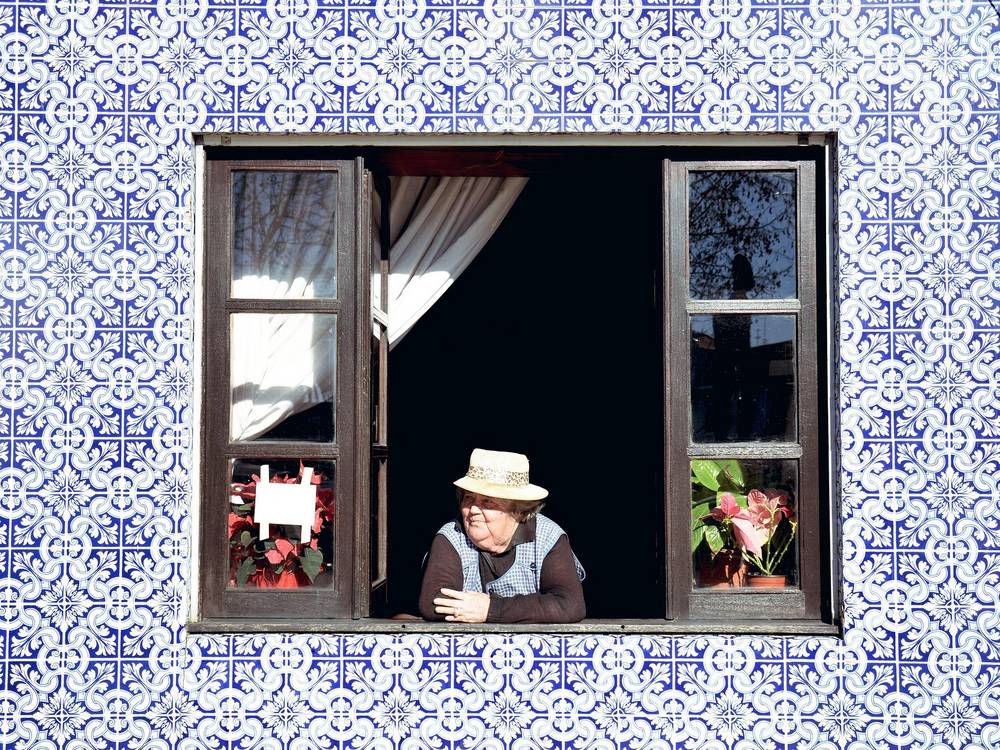On the occasion of the World Elder Awareness Day on 15 June, Human Rights Ombudsman Peter Svetina stresses that appropriate action on the one hand, and learning about relationships on the other, are the fundamental keys to reducing violence against older people. "Violence against older people is relatively invisible, yet ubiquitous in various relationships, from family to institutional relations, whether it is the rudeness of a grandchild or the insults of a municipal official. As a society, we must always and everywhere have zero tolerance to violence in general," the Ombudsman stressed.
Older people often become victims of violence and abuse where their strength is severely impaired and where physical, psychological, social, emotional or material weakness makes them dependent on others. By patronising and disrespecting them, we further diminish their social power, denying them their value. Therefore, in reducing violence against the older people, we must first and foremost address our attitude towards them, because a lack of awareness can inadvertently pave the way for violence," the Ombudsman said. Structural measures are also important, as they can reduce older people’s unequal position in society and enable them to be treated on a more equal footing with other social groups.
Violence against older people is not often a headline-grabbing issue, as victims mostly accept an encroachment on their dignity in silence: threats, blackmail, disrespect, economic deprivations, and even beatings. Paralysed by shame and fear, they do not dare to express their pain, as many believe that disclosure would further increase their vulnerability, their dependence, and push them into even greater distress. It is therefore important not to turn a blind eye to perceived cases of violence, but to take action. It is essential that we recognise the victims of violence, come to their aid, listen to them, believe them, relieve them of guilt and make it clear that their perpetrator is to blame for the violence, not they themselves," the Ombudsman said. Words should be understandable, clear and tailored to their perception. They should be made aware that they are not alone or physically isolated and should be advised of the possibility or urgency of reporting violence.
By overcoming stereotypes about the elderly as helpless, confused and forgetful, etc., we can also give older people a dignified and equal position in society. They must have a say in matters that are important to them, and their wishes and needs must be taken into account to as much as possible. However, an effective response to violence requires the coordinated action of state institutions and civil society, and the State must facilitate the assistance to victims of violence by developing a comprehensive and coordinated policy. Investment should also be made in the training and education of all professional groups that meet and work with older people. It is also necessary to further develop social prevention activities among pensioner associations and other non-governmental organisations that bring together older people. Self-help groups should be set up where they do not already exist, as examples of helping those who are in distress and empowering others to help them avoid falling into distress. Lastly, raising awareness among the general public, including through the media, also contributes a great deal to seeing older people in all their uniqueness rather than through the lens of stereotypes, emphasises Human Rights Ombudsman Peter Svetina on the occasion World Elder Awareness Day.

![[Translate to English:] Starejša gospa sloni na oknu](/fileadmin/_processed_/a/1/csm_Starejsi_-_omejitev_-_architecture-2560773_1920_43a8500979.jpg)